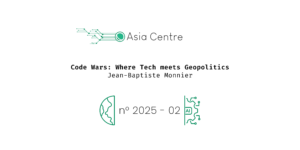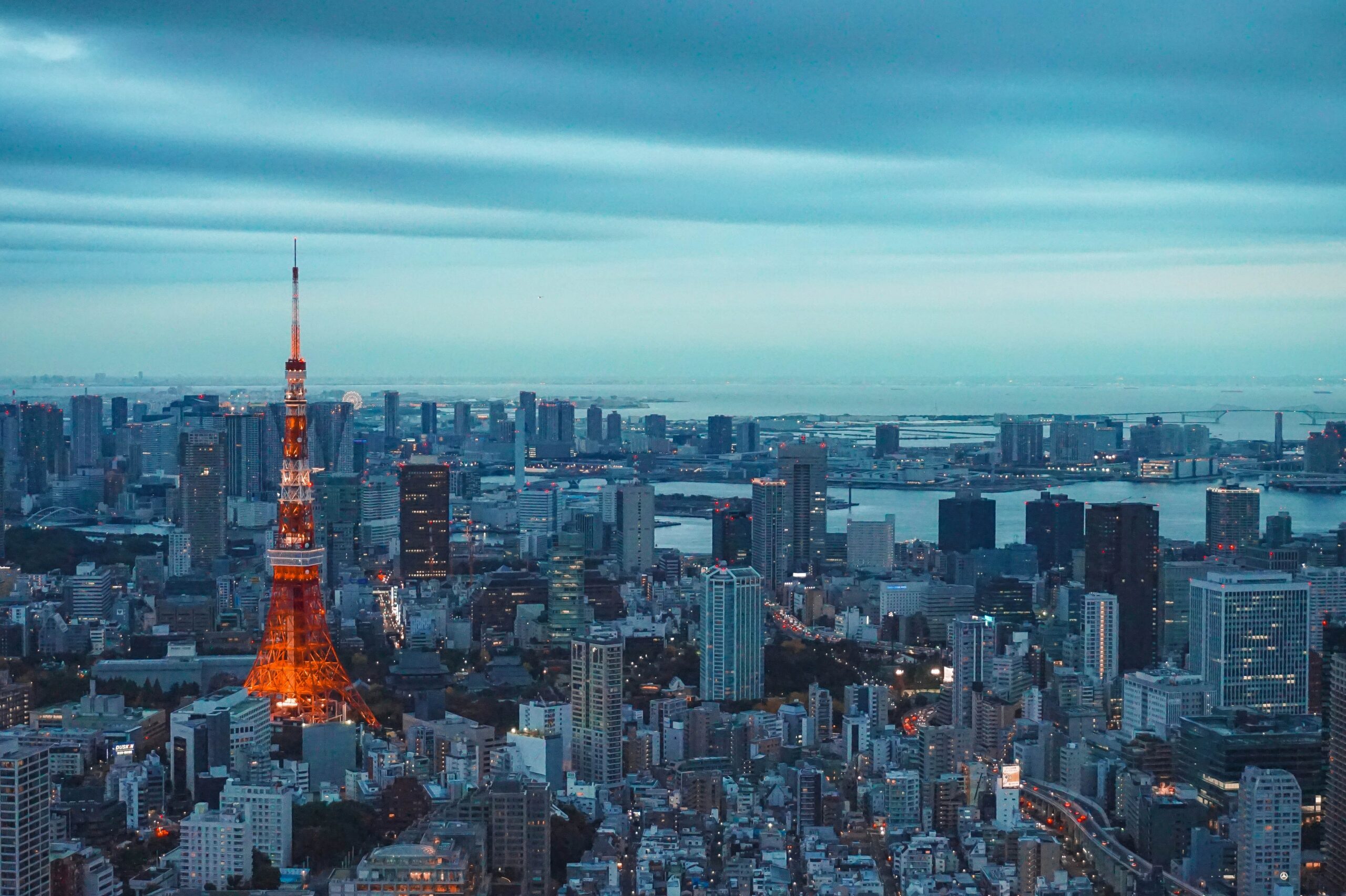In Japan but also all over the world, everyone keeps in mind the events of last March 11th, with a certain amount of incomprehension and astonishment. How can the Japanese population be so calm when confronted to a disaster? Why rebuilding and accepting to live in a region that is so exposed to natural risks? Why building nuclear power stations on a coast that is often subjected to tsunamis?
To answer those questions after the confusion brought by media and emotional turmoil, it is essential to restore precision and clarity. It requires first a conceptual and empirical analysis of the notion of risk in Japan, which is culturally associated to a beneficial effect. Risk management, its prevention, by the Japanese State also has to be examined: it consists in unceasing construction and memory of past disasters. Besides, the Tohoku region, even if it is the heart of March 11th tragedy, is still largely unknown and explanations are necessary to understand the complexity of local situation. What are precisely the different areas hit by the tsunami? What is at stake demographically, socially, culturally and economically in the rebuilding of the coast for each of those areas?
Nuclear danger has risen in Japan virulent protests against the use of nuclear power. Nevertheless, a renowned seismologist had yet evoked in 2005 in a speech at the Diet the damage that an important seism can provoke and had notably underlined the weakening of the nuclear power stations situated near the epicentre. A warning that reveals to be full of truth after the Fukushima accident and that is interesting to examine in order to understand the impact of the current international debate. To close that issue of Japan Analysis, as the government in power is more than ever weakened after the disaster, the article by Yamazaki Shû examines through a critical realism the political imbroglio in Japan., determining the responsibilities of the successive governments as well as the structural flaws that remain in the Japanese system.
Summary
– CLOSE UP ON THE NEWS –
Social management of risk in Japan (Raphaël Languillon-Aussel)
Tôhoku and Sanriku: A short geography of a silent region (Raphaël Languillon-Aussel)
– POINTS OF VIEW ON THE NEWS –
“The imminence of a period of strong seismic activity: a national peril hitherto not encountered – from technological measures to prevent disasters to a radical reform of the country’s policies and of the economic and social system”
– Speech given by Ishibashi Katsuhiko at a public hearing of the House of Representatives Budget Committee – 162nd session of the Diet, 23rd Feburary 2005 (translation by Amélie Corbel)
Yamazaki Shû, “Politics on the wane: shifts in government and improvements in government policies”, Sekai (translation by Yann Favennec)




